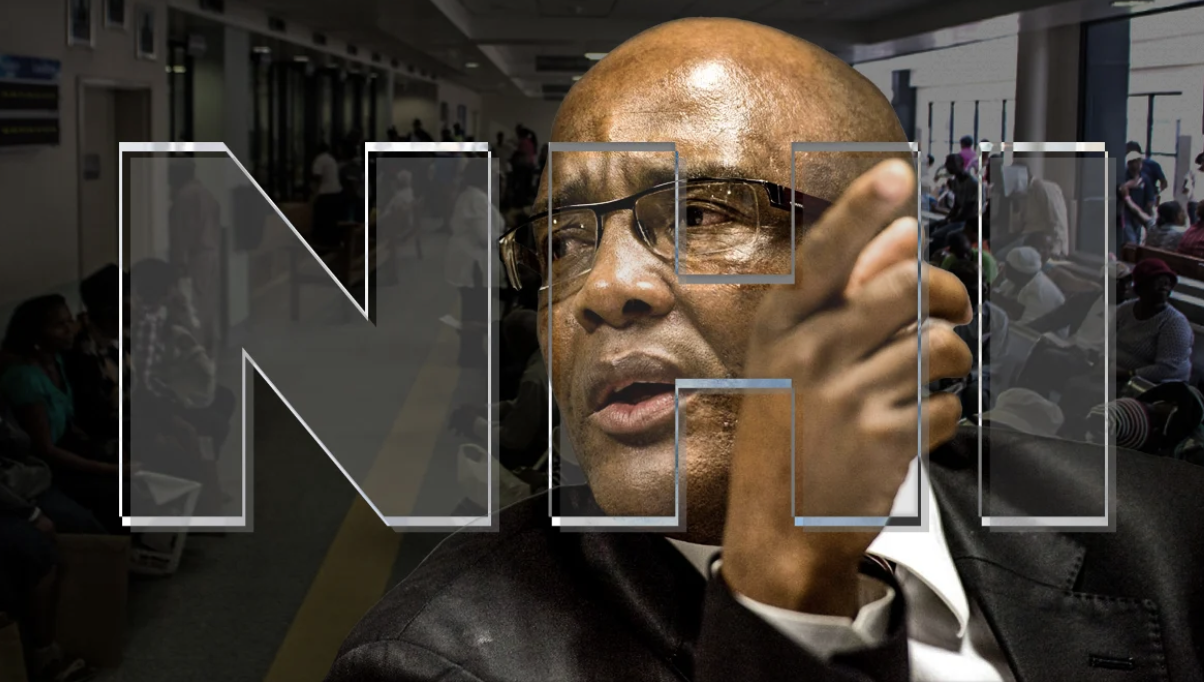Economists express concerns about the viability of South Africa’s National Health Insurance (NHI) scheme, citing the government’s struggle to secure funding and the potential dismantling of existing medical schemes, which are already under strain.
Economists have raised concerns about the feasibility of the National Health Insurance (NHI) scheme in South Africa, particularly regarding the government’s ability to secure necessary funding in its current form.
Dr. Anja Smith and Claire Bisseker from the Bureau for Economic Research (BER) emphasized the uncertain outlook for the NHI, citing societal resistance to tax increases as evidenced by the reversal of a VAT hike in the 2025 Budget. With the government facing pushback even for a minor VAT increase, financing the ambitious NHI plans seems doubtful. The challenges facing the NHI are compounded by needed reforms in the already strained medical scheme environment.
The economists highlighted issues such as inadequate risk-sharing mechanisms between medical schemes, low employment rates, and economic growth, which have led to an aging membership base and escalating costs. They noted that instead of supporting medical schemes, the NHI could dismantle these essential health risk-pooling systems.
Private sector stakeholders proposed an alternative plan where the NHI would operate in competition with medical schemes, allowing employers to choose between the NHI Fund and existing schemes for their employees’ coverage. Currently, about 26% of formally employed South Africans have access to medical aid through their employers, but this coverage is not mandatory.
The social health insurance plan suggests that comprehensive coverage would be extended to the rest of the population only after ensuring mandatory coverage for all employed individuals. Health Minister Aaron Motsoaledi has been urged by the BER’s experts to consider a phased social health insurance approach. This would involve implementing a risk-sharing or risk equalization fund (REF) that facilitates the transfer of resources from healthier members to sicker ones, thereby promoting equity in funding.
Additionally, the report identified an underserved middle-market population of approximately 3 million people who are too affluent for public hospitals yet cannot afford medical schemes. Many initiatives aimed at this group have been sidelined due to the NHI. The emergence of limited private health insurance products has been viewed as a potential threat to the stability of the medical schemes sector.
The Competition Commission’s 2019 Health Market Inquiry (HMI) recommendations could help mitigate healthcare market issues by promoting multilateral negotiations for pricing, establishing mandatory basic benefit packages for medical schemes, and creating an independent regulatory body to oversee pricing and provider conduct.
Lastly, the proposed reforms include compulsory membership for all formally employed individuals, funded through joint contributions from employers and employees. An approach based on income cross-subsidies would align medical scheme contributions with income levels, ensuring higher earners pay more.
The economists argue that implementing these reforms could establish a foundation for broader risk-pooled health coverage, cautioning that without these critical reforms, reliance on the private sector may increase the burdens on the state.


